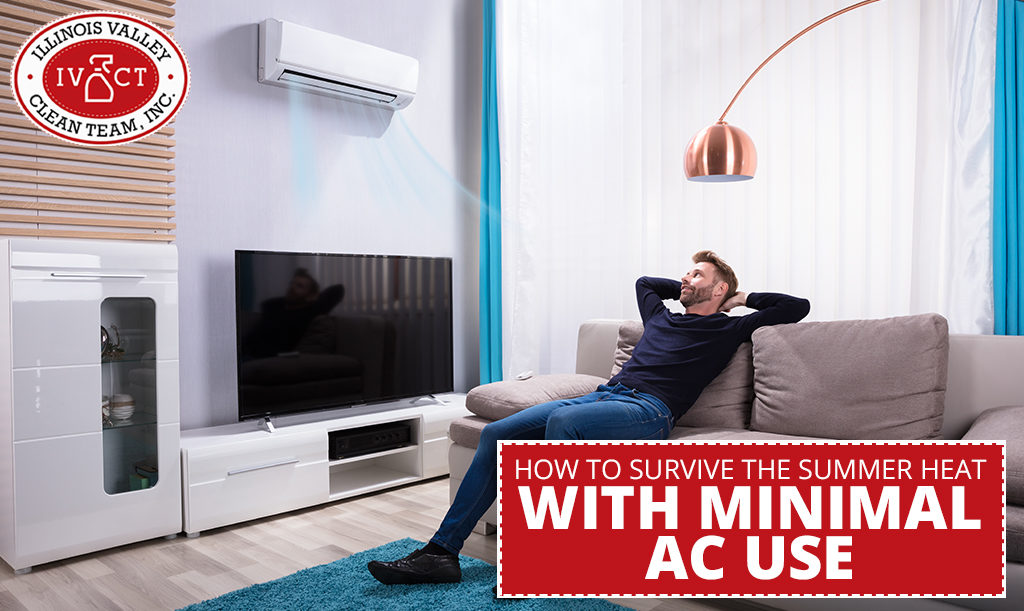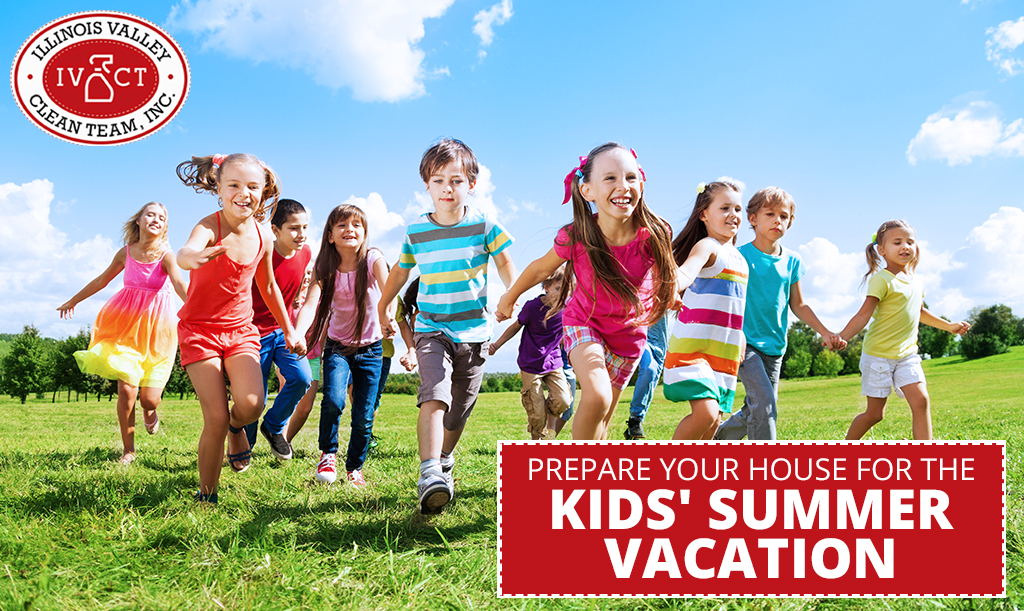
Even if you buy a couple of so-called indoor plants for beginners, you might find yourself with a dead plant in its pot a couple of weeks later, again! What are you doing wrong? Well, it could be a plethora of things. Each type of plant has a specific set of conditions that need to be met for them to thrive, even if they are “for beginners,” but they also share some fundamental needs that anyone can master.
We made this list of basic plant-care tips so you can learn how not to kill your houseplants anymore. It’s all about putting in some time, patience, and the right amount of everything. Good luck!
1. Watering and pots are the first steps
There are two skills that anyone who wishes to keep plants in their house should master: Watering correctly and using the right pots. Many experts agree that over and underwatering are the number one reason why houseplants die before their time, and pots play a big role in that as well. The trick is to stick your finger in the soil; if it’s dry, time for water, but if it’s damp, let it be. Once a week should be enough, but remember to only water near the root of the plant, as watering the leaves directly can cause them to stain or rot.
Moving onto pots, have you ever worn too-small shoes for your feet? It’s the same for plants! Pots are not “one size fits all”, and many types of plant will need to be re-potted as time goes on and their roots get bigger. Not doing so can cause your plant to become rootbound, which can also kill your plants.
2. Give your plant an occasional makeover
Just like people need haircuts and a shave once in a while, so do plants require you to give them a little makeover. If you see any brown leaf or withered flower, chop them off and let them rest on the soil so your plant can use them as nourishment. If you see any dusty leaves, clean them off using water and a soft rag that doesn’t leave residue behind. You might have heard about applying mayo to the leaves so that the shine beautifully, but that is safe only for naturally waxy leaves since mayo contains vinegar and can change the pH of your plant.
3. Location is key
The size of your plant should dictate its place inside your house. Bigger plants like a palm tree will need plenty of room to grow both upwards and sideways and a much larger pot than squatter plants. Other, less sizable plants might not look like they need lots of space, but while they can thrive in smaller pots, overcrowding them can lead to shorter lifespans, among other problems.
Also, remember that even if you have an indoor plant, some of them require more light than others. Check if your plant does better in bright light o low-light conditions and choose a spot in your house where you think it will do better.
4. Water each plant correctly
You can absolutely compost indoors! If you live in an apartment or don’t have a big enough yard, you can follow these tips by Sustainable America to start composting indoors in a clean an efficient manner. And yes, it is entirely odor-free if you do it right, so don’t worry about funky smells lingering around when you bring people over. This will make your plants extra-healthy and won’t cost you a thing if you do it with your regular scraps.
5. Get the right soil for them
While most houseplants will do just fine with simple soil mix, some will need a specific variety to grow properly, like succulents and cacti. Its mostly boils down to how acidic the soil is, so the best thing to do is to consult with an expert (the people who sold you the plant should know) or read about it on an online database. As time goes on, you can try different soil mixes to get better results, but there really is no need unless you want to grow an award-winning orchid, for example.
The beautiful thing about keeping indoor plants is that they bring so much into the house while asking for so little. We are sure that these tips will help you keep your plants alive and well for far longer than usual, and you’ll become a master horticulturist in no time. And if you made a little bit of a mess during that las re-potting operation, why not let the professionals handle the cleaning so you can just relax?



